How a Broken Radio Sparked My Passion for Open Source
 Israel Abazie
Israel AbazieI still remember the day our old radio went silent. One moment, it was filling our home with music; the next, it was just a lifeless box. I was too young to know the inner workings of a radio, but that didn’t stop me. I pried it open, hoping to understand why the sound had suddenly stopped. Instead, I found a tangled web of components I didn’t understand.
That moment stuck with me. It wasn’t just about fixing a broken radio — it was the spark that ignited my curiosity. I wanted to break things apart, figure out how they worked, and put them back together.
Growing up in a city without a thriving tech community, I had no clear path into software development. Online tutorials felt distant and impersonal — I craved hands-on experience, a space to tinker and learn by doing. That’s what eventually led me to open source: a world where people build together, share their work freely, and invite others to improve it.
This blog is about that journey — the challenges of sustaining local tech communities and how Fedora can help shape the future of open-source innovation, especially in Africa.
From an Idea to a Movement
My journey in tech didn’t begin with coding — it started with a vision. I wanted to build a platform that provided opportunities for economically disadvantaged students in Nigeria. At the time, I had no technical skills — just a deep sense of purpose. Undeterred, I assembled a team of developers and product managers to bring my vision to life.
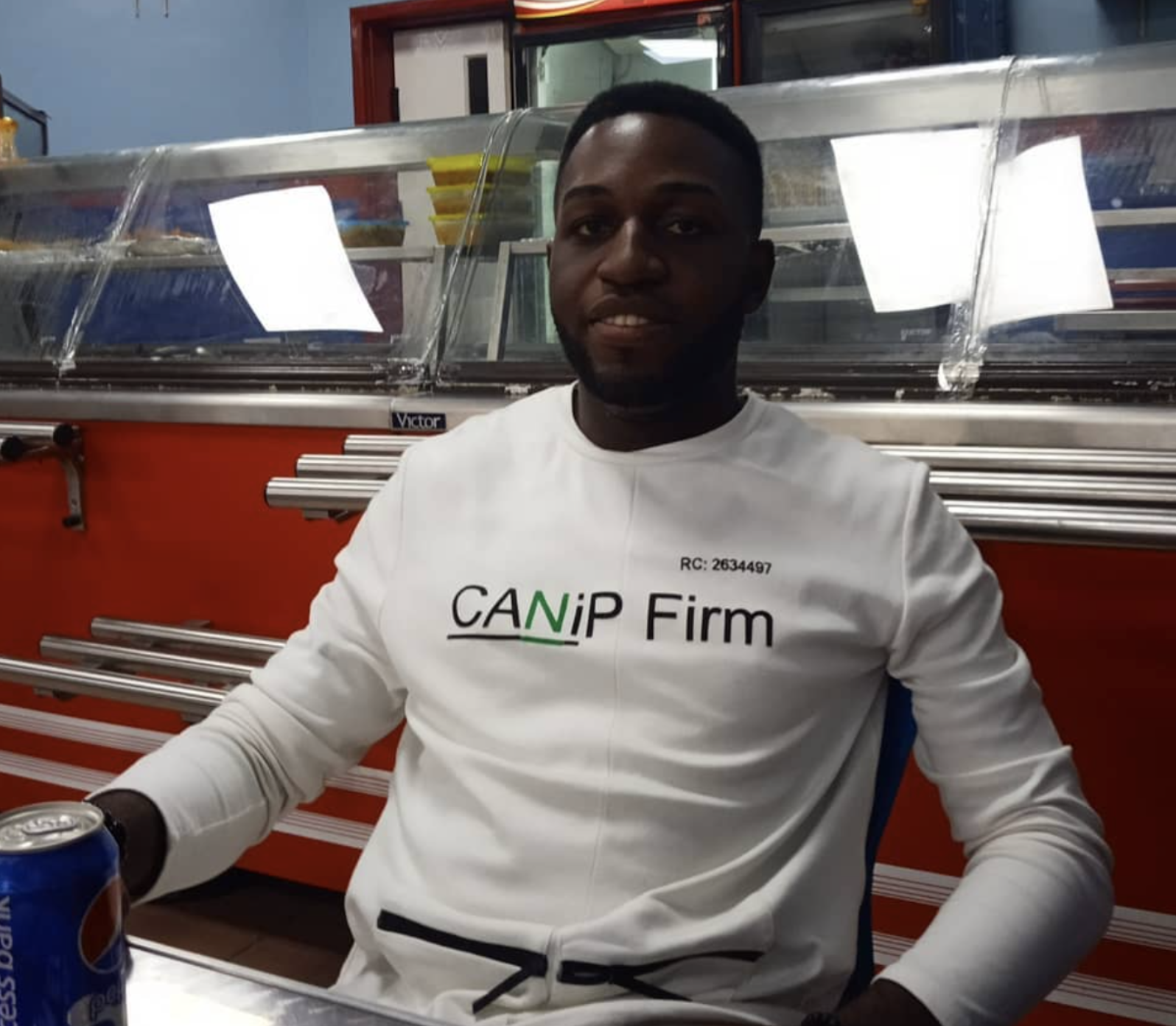
I later co-founded Internapp Africa, a platform connecting young talents to internships and mentorship. Even then, I led with strategy and vision rather than hands-on coding.
When the pandemic hit, I had time to rethink my direction. I pivoted to product design, then web development, and never looked back. My growing passion for tech caught the attention of Gülcan Yayla, CEO of Rise.In, and Sude Özkan, Digital Marketing Manager, who shared my story. Their recognition gave me the confidence to push further.
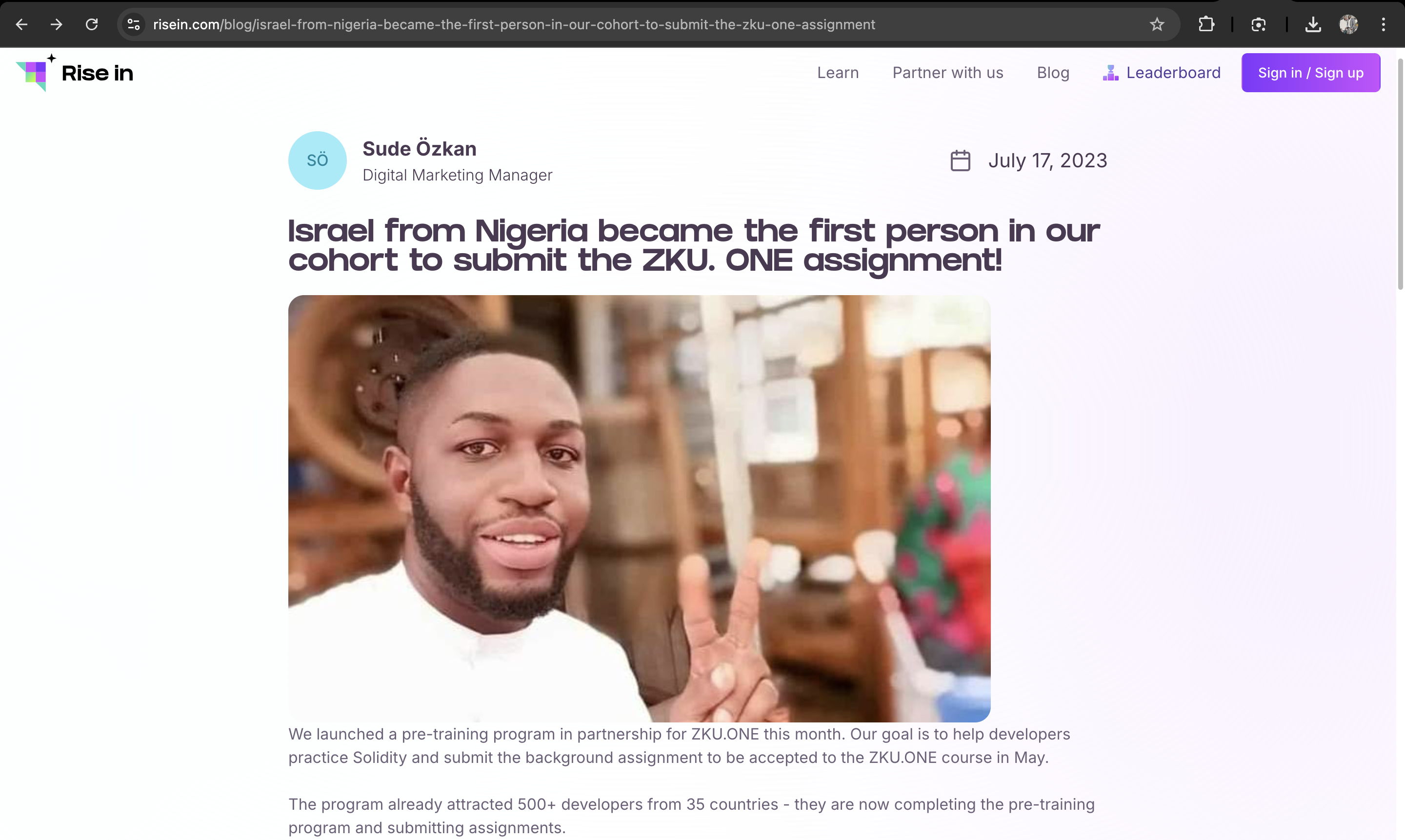
Discovering Open Source and Creating The CodeInn
As I advanced in software development, I discovered open source — a world where software isn’t just used but actively improved by the community. This fascinated me.
When I moved to Lagos to attend an ITSkillsCenter bootcamp, I created The CodeInn, a community of developers, designers, and tech enthusiasts dedicated to knowledge-sharing and innovation.
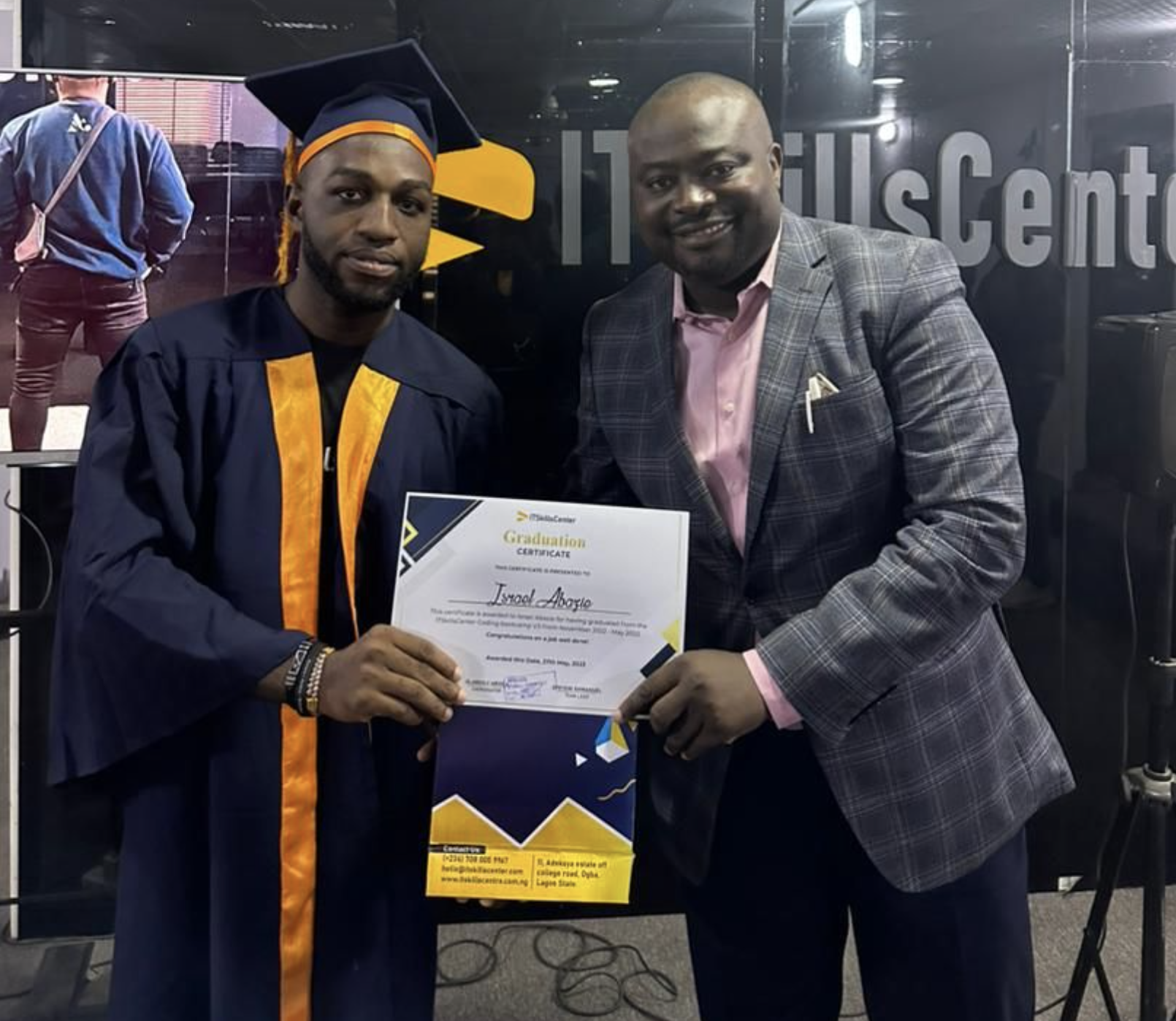
At The CodeInn (now with over 450 members), we tackled challenges in open-source community-building by:
Helping contributors build real-world projects and recognizing the best of them.
Using open-source tools in our community projects, reinforcing the value of open collaboration.
While The CodeInn has evolved, the need for support in local open-source communities continues to grow. Fedora has a unique opportunity to support and expand these efforts, especially in regions where open-source engagement is still gaining momentum.
Beyond that, I started making my own contributions by publishing free modules on the NPM registry, ensuring they remained open for further development. I also wrote two books:
Data Structures and Algorithms for All Programmers – Read in over 50 cities worldwide.
Mastering Database Design: A Comprehensive Guide to SQL and NoSQL – Helping developers design efficient database systems.
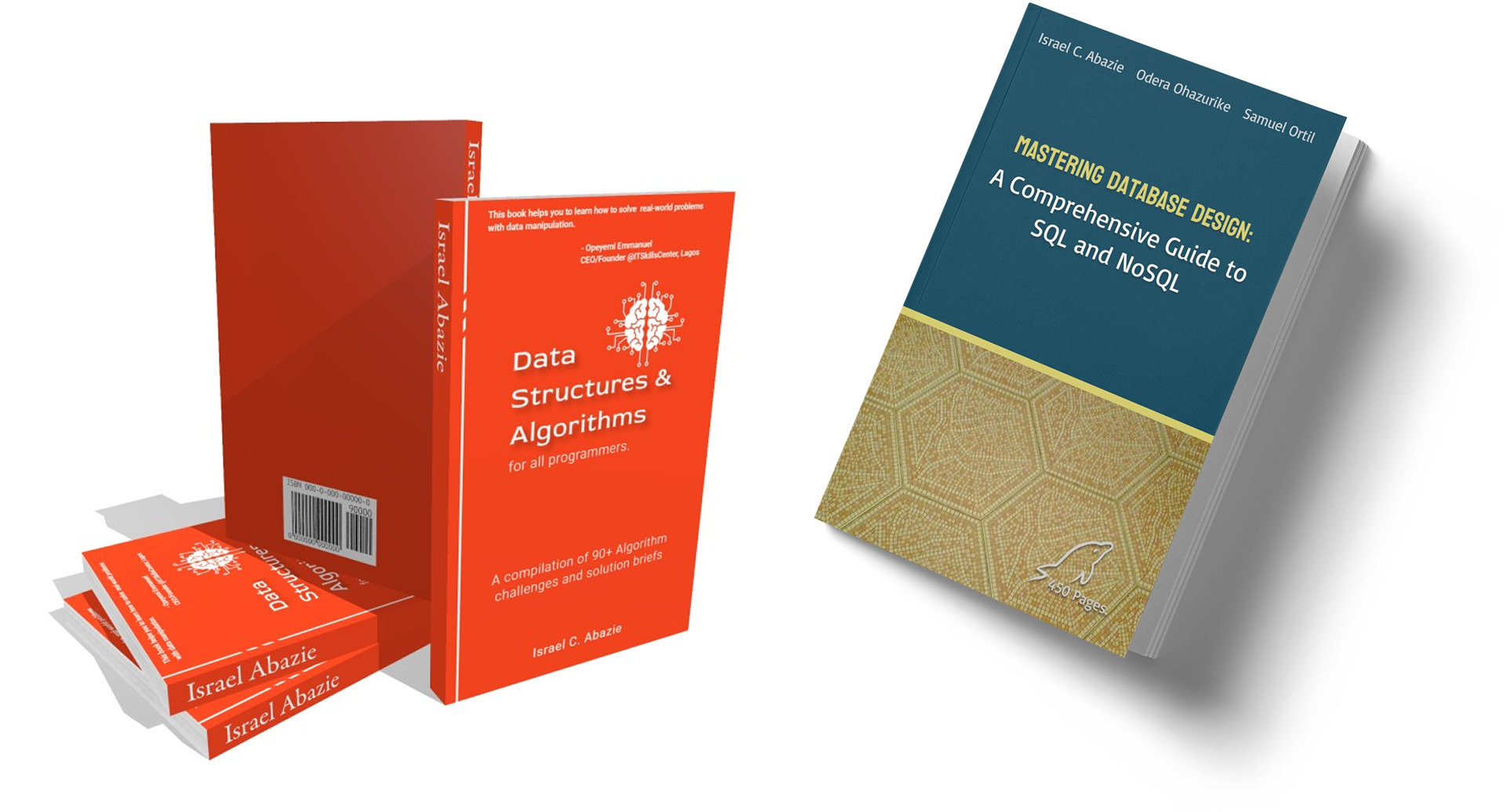
Additionally, I built two open-source VS Code extensions:
Codepath – A tool that visualizes codebases for easier onboarding and navigation.
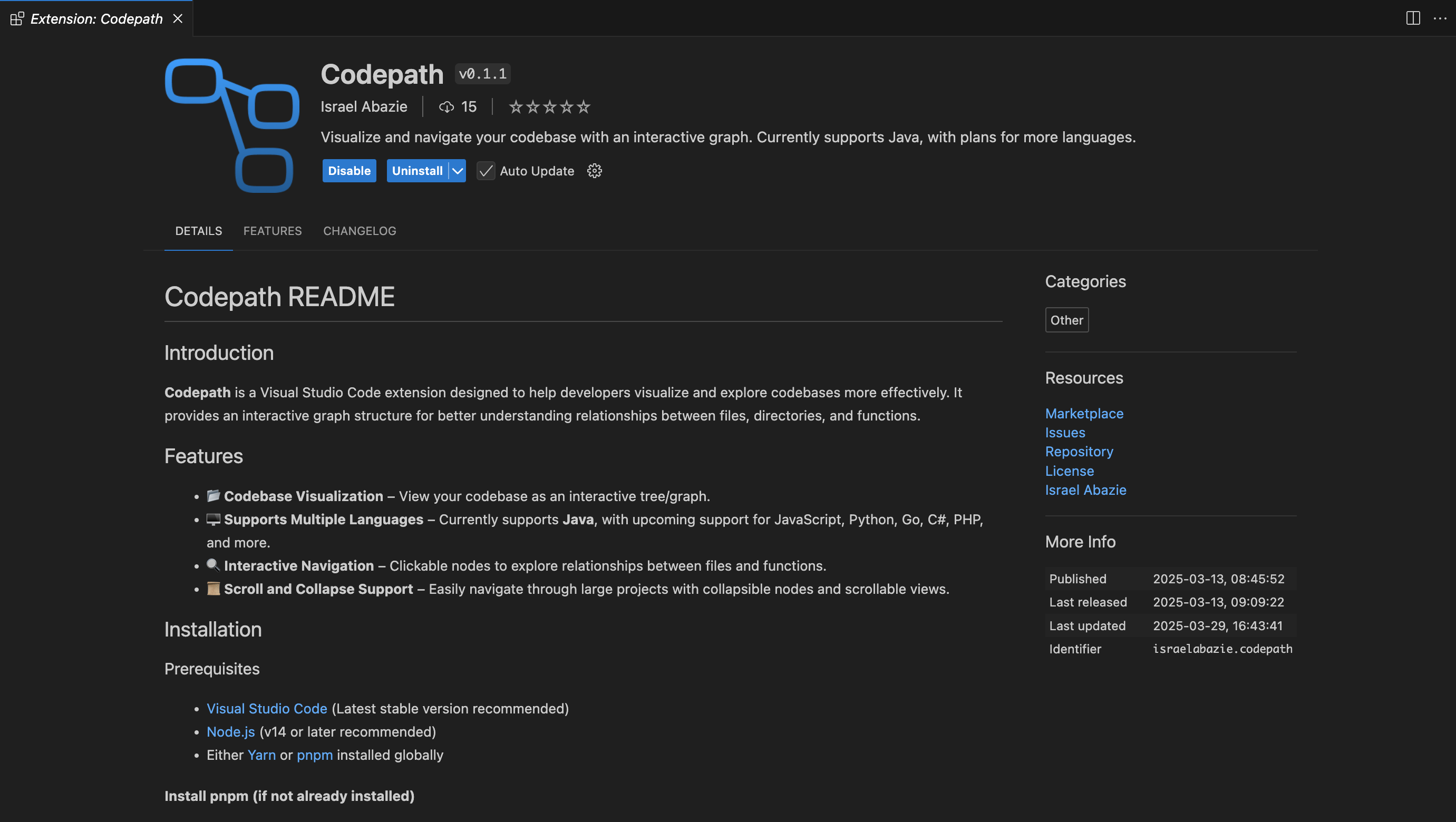
WriteFedora – A Fedora document helper with Vale linting, Asciidoc previews, and starter templates to streamline documentation.
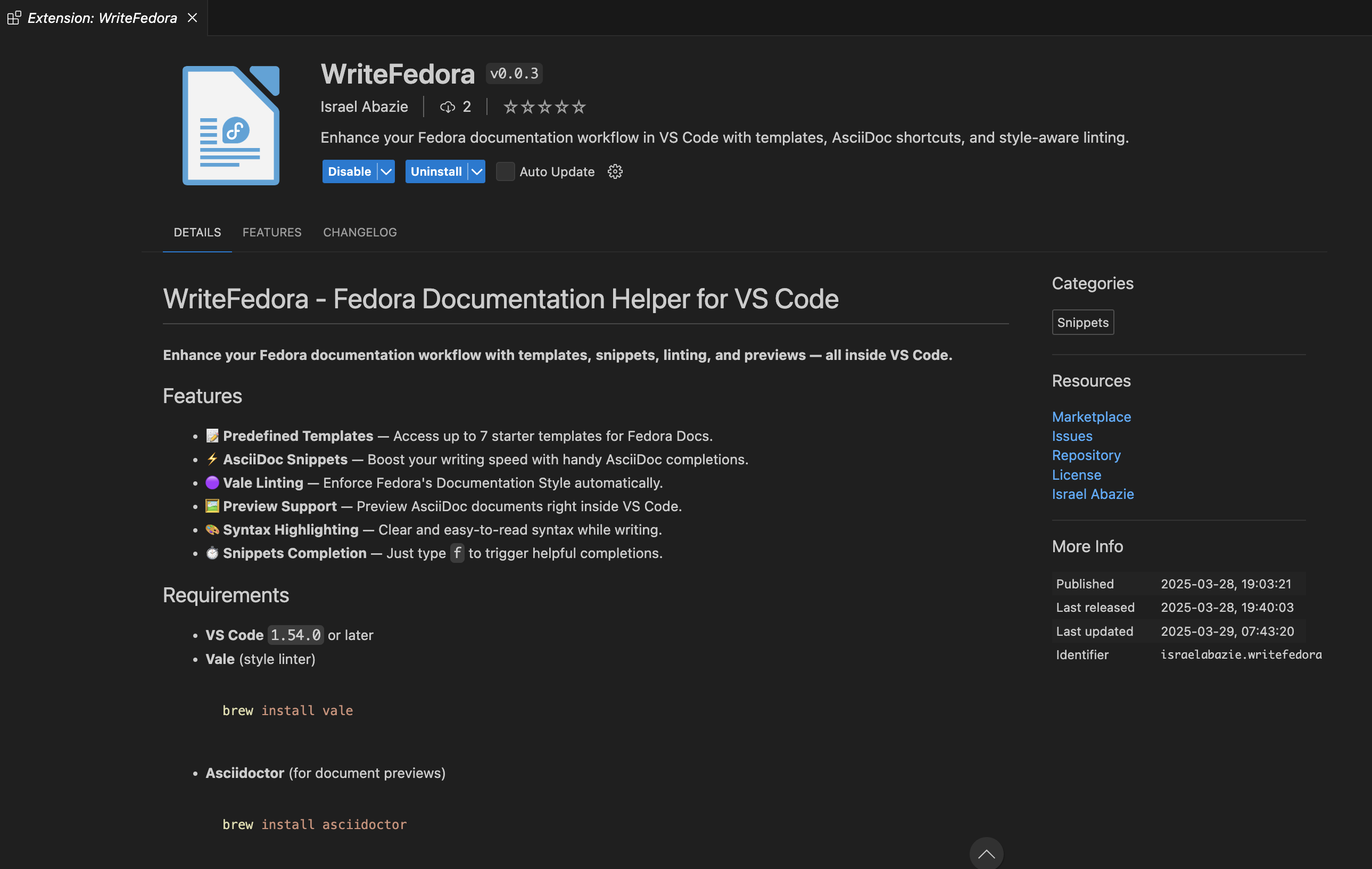
These contributions were my way of giving back to the ecosystem that had given me so much.
The Challenges of Spreading Open Source Awareness
Despite my enthusiasm, I quickly realized that open source was misunderstood by many developers. Some saw it as just "free software," never considering the importance of active contribution. Others hesitated to participate, unsure where to start.
Key Challenges:
Lack of Sponsorship – Many companies prioritize commercial tech, making it difficult to fund hackathons, meetups, and community-driven events.
Limited Publicity – Open-source initiatives struggle to gain visibility, leading to lower engagement.
Lack of Clear Entry Points – Many new developers don’t know how to contribute to open-source projects.
These barriers slow down adoption, making it harder for open-source communities to thrive.
How Fedora Can Help Grow Local Open Source Communities
Fedora has a unique opportunity to support and expand open-source communities in Africa. Here’s how:
Micro-Grants for Events
A small budget goes a long way for a local community meetup in places like Lagos. Even $1500 can cover:Snacks and refreshments
Internet costs
Venue rentals
Fedora could provide micro-grants to support hackathons, and study groups.
Collaborative Hackathons
Organizing Fedora-focused hackathons can bring in new contributors. Imagine challenges like:“Improve GNOME for African users” – With real-world use cases.
Prizes: Fedora laptops, swag, or conference tickets.
These events could help developers learn and contribute at the same time.
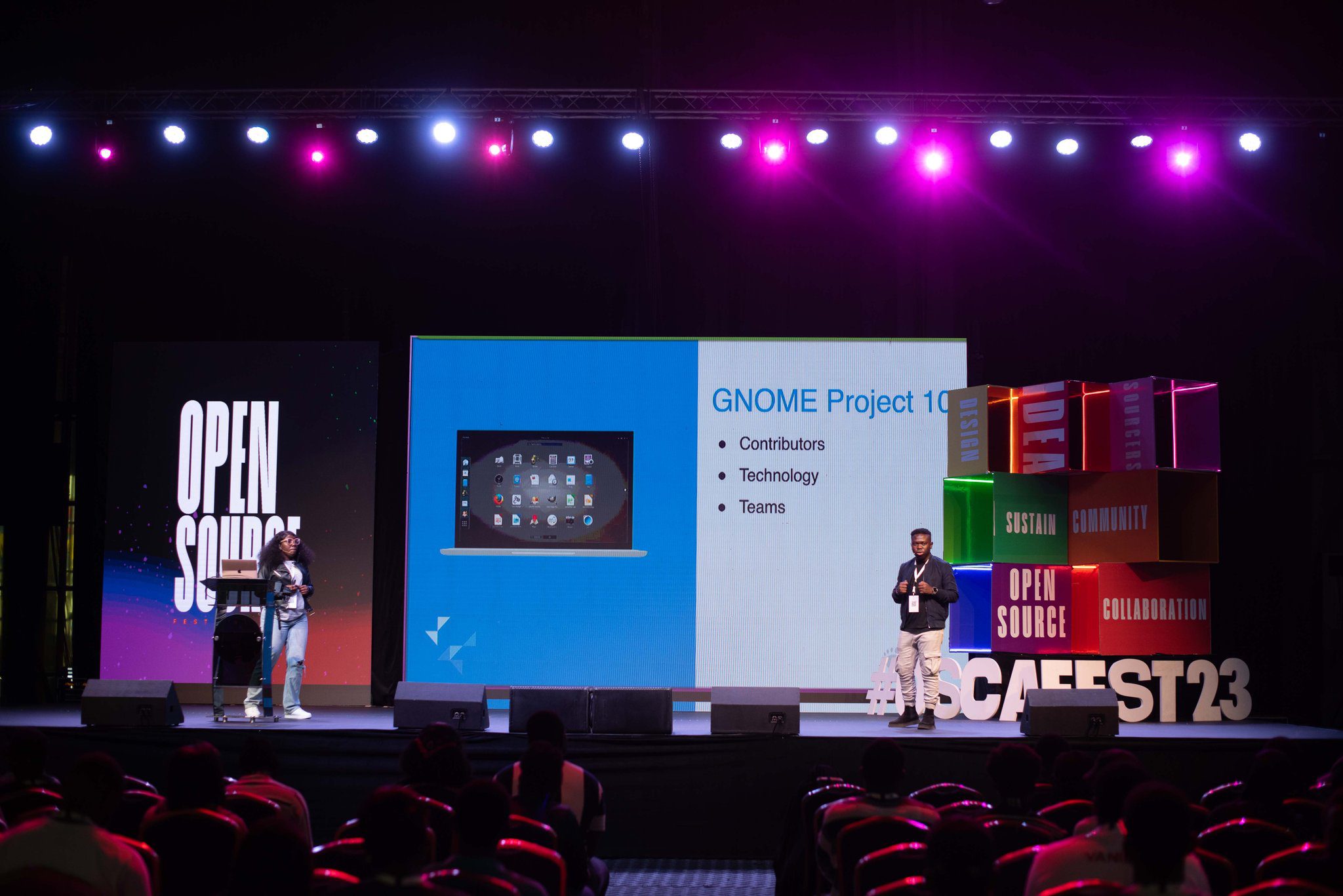
Amplifying Local Success Stories
Highlighting open-source communities in Fedora Magazine could inspire others and attract sponsors. Featuring groups like SheCode Africa or other local initiatives could encourage more developers to join Fedora’s mission.Mentorship & Speaker Support
Fedora contributors could mentor local leaders or speak at African tech events to bridge the knowledge gap.Partnerships with Local Organizers
Fedora could work with established open-source event planners to grow its presence and impact in Africa.
Conclusion – A Call to Action
Open source transformed my life — it provided the tools, the community, and the opportunities to build, learn, and give back. However, many local communities, especially in Africa, still face challenges around funding, mentorship, and engagement.
Fedora can be a catalyst for change by:
Investing in Local Leaders – Supporting local leaders who understand regional challenges can drive long-term, sustainable growth in open-source communities.
Adapting to Regional Realities – By recognizing the unique needs of different regions, Fedora can make open-source participation more accessible, especially in places where resources are limited.
Celebrating Local Wins – Recognizing and amplifying local successes can inspire others to join the movement, fostering a sense of pride and motivation.
With these efforts, Fedora can help nurture vibrant open-source ecosystems, especially in regions like Africa, where the potential for growth is enormous.
Have you faced similar challenges in open source? Share your experience in the comments — let’s build a stronger, more connected community together! 🚀
Subscribe to my newsletter
Read articles from Israel Abazie directly inside your inbox. Subscribe to the newsletter, and don't miss out.
Written by
